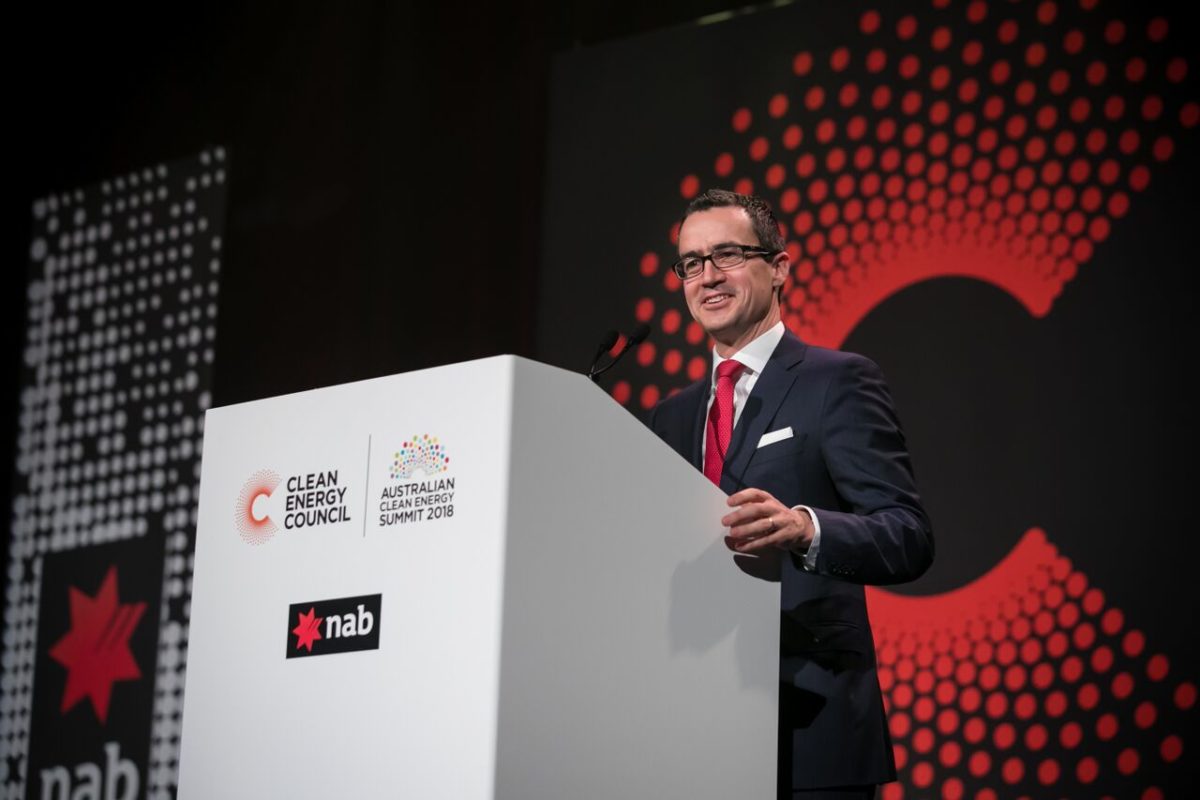The proposal is included in the Energy Security Board’s (ESB) Post 2025 Electricity Market Design Project which explores how best to overhaul the National Electricity Market (NEM) to cater for continuing technology and market changes.
The project aims to identify what needs to change, and how to deliver that change, to ensure the NEM can meet the future needs of consumers in a rapidly evolving energy landscape.
The transmission access reform proposal (commonly referred to as the co-ordination of generation and transmission investment – COGATI – initiative) is one of seven market design initiatives included in the project.
The COAGATI, which is being led by the AEMC, proposes changes to the way energy is priced and delivered in Australia in a bid to manage the growing risks from transmission congestion and losses.
The AEMC told pv magazine the COAGATI is about “integrating new tech energy like renewables and storage into the grid in a way that will stand the test of time and which gives best value for consumers”.
Clean Energy Council chief executive Kane Thornton conceded the NEM framework is in need of change but remained critical of the COAGATI proposal.
“The energy system we have in place today is the legacy of another era and isn’t fit to support the new, more distributed, flexible, intelligent and clean energy generation that we need and want,” he said.
“We broadly welcome the high-level directions outlined in the ESB’s Post 2025 Market Design Consultation Paper, noting significant detail still needs to be developed across each of the market design initiatives.
“(But) the Clean Energy Council remains firmly opposed to the transmission access reforms proposed by the AEMC, which will do very little to improve the co-ordination of generation and transmission while increasing risk, complexity and cost to the market.”
Thornton said the reform will fundamentally alter current market operations through the introduction of locational marginal pricing and financial transmission rights.
“The COGATI proposal is a case of the wrong reform at the wrong time,” he said.
“It will have a chilling effect on investment at a time when we need to be attracting new investment to replace ageing thermal generators and stimulate economic activity in response to Covid-19.”
This content is protected by copyright and may not be reused. If you want to cooperate with us and would like to reuse some of our content, please contact: editors@pv-magazine.com.









By submitting this form you agree to pv magazine using your data for the purposes of publishing your comment.
Your personal data will only be disclosed or otherwise transmitted to third parties for the purposes of spam filtering or if this is necessary for technical maintenance of the website. Any other transfer to third parties will not take place unless this is justified on the basis of applicable data protection regulations or if pv magazine is legally obliged to do so.
You may revoke this consent at any time with effect for the future, in which case your personal data will be deleted immediately. Otherwise, your data will be deleted if pv magazine has processed your request or the purpose of data storage is fulfilled.
Further information on data privacy can be found in our Data Protection Policy.